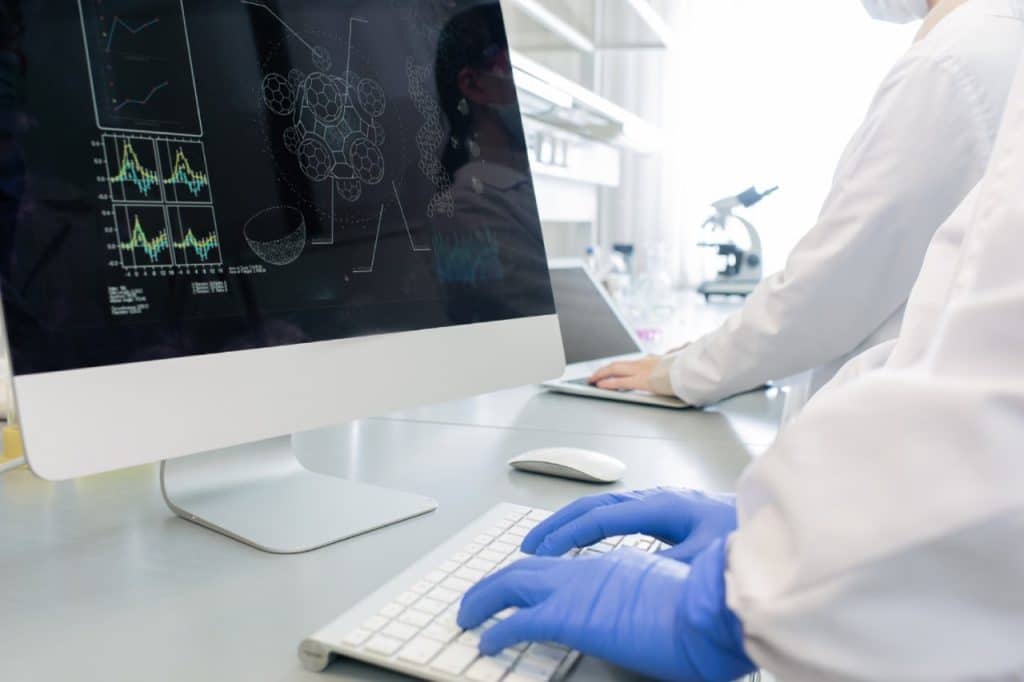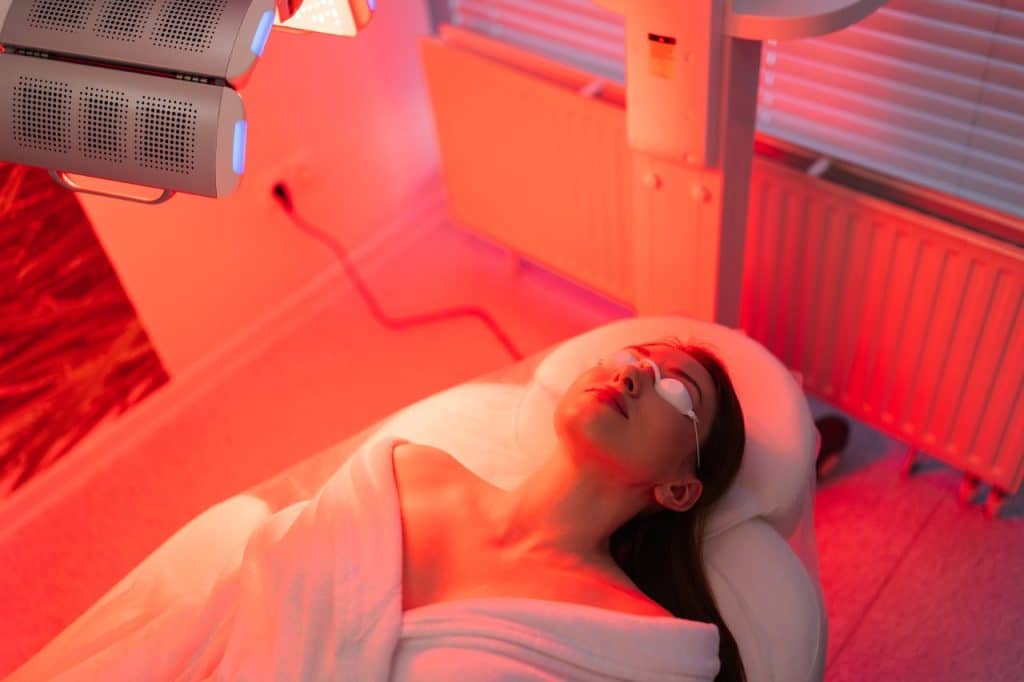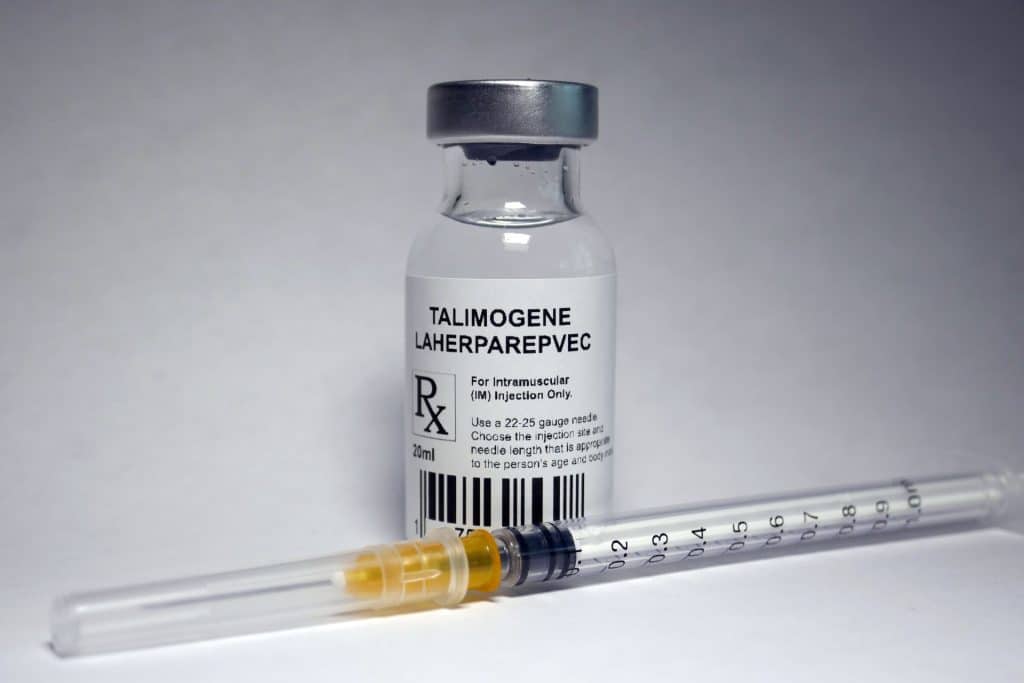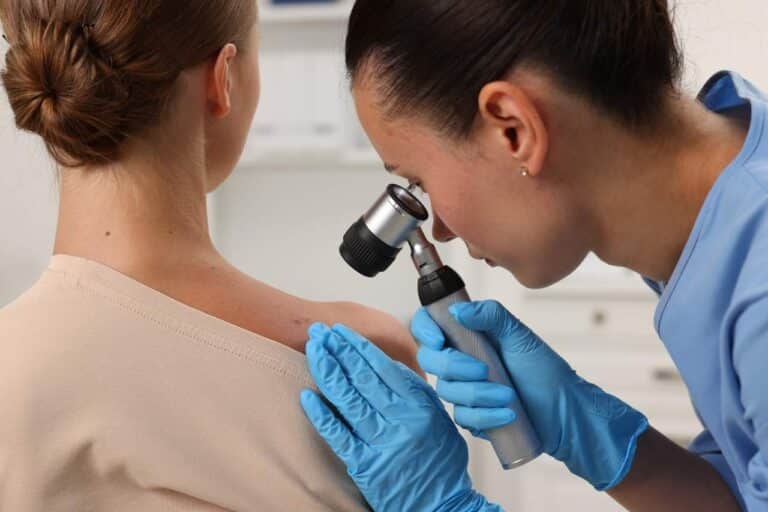Skin cancer treatment has undergone remarkable advancements in recent years, moving beyond traditional therapies like surgery and chemotherapy. With new innovations in immunotherapy, artificial intelligence (AI) diagnostics, gene therapy, and non-invasive treatments, the future of skin cancer care is becoming increasingly targeted and personalised.
This article explores the latest breakthroughs in skin cancer treatment and how research is shaping prevention and early detection strategies.
Advances in Immunotherapy for Skin Cancer Treatment
Immunotherapy has revolutionised cancer treatment by harnessing the body’s immune system to attack cancer cells. For advanced melanoma, immunotherapy has significantly improved survival rates, with some patients experiencing long-term remission.
1. Checkpoint Inhibitors: Unlocking the Immune System
Checkpoint inhibitors work by removing immune system brakes, allowing T-cells to target and destroy cancer.
- PD-1 Inhibitors (Pembrolizumab, Nivolumab) – Block the PD-1 pathway, which melanoma cells use to evade immune detection.
- CTLA-4 Inhibitors (Ipilimumab) – Stimulate T-cells to launch a stronger immune response against melanoma.
Breakthrough: Studies show that combining PD-1 and CTLA-4 inhibitors improves survival in patients with advanced melanoma.
2. Personalised Cancer Vaccines
- Scientists are developing neoantigen-based cancer vaccines, which train the immune system to recognise and destroy melanoma cells.
- Clinical trials show that cancer vaccines combined with checkpoint inhibitors enhance treatment efficacy.
The Role of Artificial Intelligence in Skin Cancer Detection
AI is transforming early skin cancer detection by improving diagnostic accuracy and efficiency.
1. AI-Powered Dermoscopy and Imaging
- AI algorithms can detect melanoma with over 90% accuracy, often outperforming dermatologists.
- AI-assisted dermoscopy helps distinguish between benign and malignant lesions, reducing unnecessary biopsies.
Breakthrough: AI systems are now used in telemedicine to provide skin cancer assessments remotely.
2. Machine Learning for Risk Prediction
- AI analyses genetic data, UV exposure history, and lifestyle factors to assess individual skin cancer risk.
- Predictive models help dermatologists personalise screening and prevention strategies.

Gene Therapy and Personalised Medicine in Skin Cancer Care
1. Targeted Therapy for Melanoma
- BRAF and MEK Inhibitors (Vemurafenib, Dabrafenib) target mutations in melanoma cells, slowing tumour growth.
- Combination therapy with BRAF and MEK inhibitors reduces drug resistance and improves outcomes.
Breakthrough: Researchers are now developing new small-molecule inhibitors for additional genetic mutations in melanoma.
2. CRISPR Gene Editing and Skin Cancer
- CRISPR technology is being explored to correct genetic mutations that cause melanoma.
- Early studies show that genetically modified immune cells can recognise and destroy melanoma cells.
Emerging Non-Invasive Treatment Methods
1. High-Intensity Focused Ultrasound (HIFU)
- Uses ultrasound waves to heat and destroy superficial skin cancers without surgery.
- Early trials show promising results for low-risk basal cell carcinoma (BCC).
2. Photodynamic Therapy (PDT)
- PDT involves applying a light-sensitive drug followed by laser activation to destroy cancer cells.
- Effective for superficial BCC and actinic keratosis, but less effective for deeper tumours.
3. Topical Immunotherapy (Imiquimod, 5-FU Creams)
- Stimulates the immune system to attack non-melanoma skin cancers (NMSC).
- Best for early-stage BCC and SCC, with minimal scarring.

How Research is Shaping the Future of Skin Cancer Prevention
1. Advances in Sunscreen Technology
- Next-generation sunscreens include DNA-repair enzymes to reverse UV-induced mutations.
- Scientists are developing oral sun protection supplements (e.g., Polypodium leucotomos extract) to reduce UV damage.
2. Genetic Screening for High-Risk Individuals
- Genetic tests identify individuals with a higher predisposition to melanoma (e.g., CDKN2A mutations).
- High-risk patients can undergo more frequent screenings and preventative treatments.
3. Public Health Initiatives and AI Prevention Tools
- AI-driven UV exposure apps help users track sun exposure and apply sunscreen reminders.
- Governments are expanding sun safety campaigns in high-risk populations.
Final Thoughts: A Future of Personalised and Less Invasive Skin Cancer Treatment
The future of skin cancer treatment is moving towards personalisation, early detection, and minimally invasive therapies. With ongoing innovations in immunotherapy, AI diagnostics, gene therapy, and prevention strategies, the landscape of skin cancer care is rapidly evolving.
Key Takeaways:
- Immunotherapy and targeted therapy have revolutionised melanoma treatment.
- AI-powered diagnostics improve early detection and reduce unnecessary biopsies.
- CRISPR gene editing and personalised cancer vaccines hold promise for the future.
- Non-invasive treatments like PDT, HIFU, and topical immunotherapy are expanding treatment options.
- Prevention research is focusing on genetic screening, advanced sunscreens, and UV-tracking AI tools.
Stay informed about the latest breakthroughs in skin cancer treatment. Book a skin cancer screening today at ISO Skin Cancer Clinic!.





